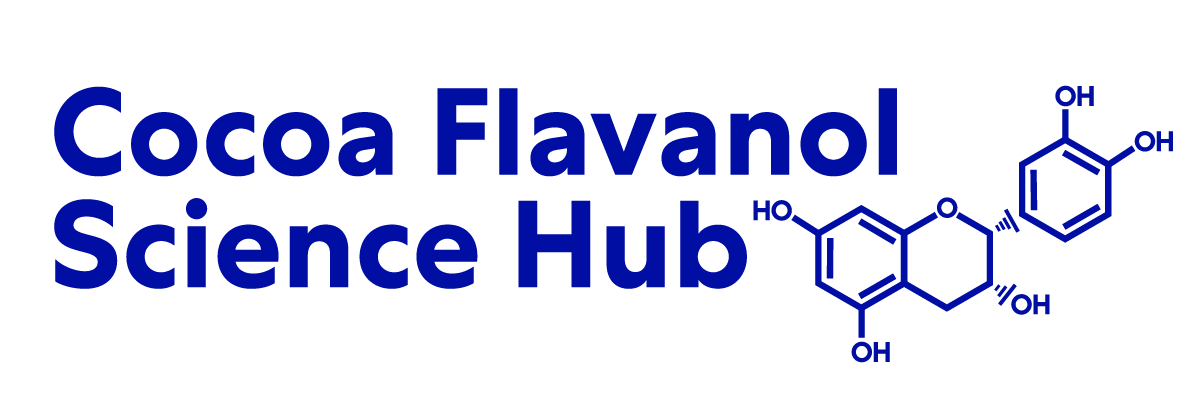How researchers concluded that a low-flavanol diet is linked to age-related memory

Scientific interest in the role of flavanols and diet in normal cognitive aging has been growing – this has been the context for the ongoing collaboration between scientists at Columbia University’s Irving Medical Center and Mars Edge. For the past 15 years, we have been jointly investigating the effects of these compounds, commonly found in tea, apples, berries, and cocoa, on age-related memory.
Our most recent paper, published in collaboration with researchers at Columbia University and the University of Reading, is an independent trial conducted under the umbrella of COSMOS, led by Brigham and Women’s Hospital. The results showed that age-related memory loss is driven, in part, by a diet low in flavanols.
COSMOS-Web is the largest and longest trial looking at the role of diet and flavanol consumption on normal cognitive aging
COSMOS-Web was an investigator-initiated, randomized, double-blind, placebo-controlled trial, involving over 3,500 healthy men and women in the US aged 60 or older for three years.
Age-related memory loss has been shown to be associated with changes in the hippocampus brain region. The hippocampus plays an important role in episodic memory, which tracks everyday events and information related to specific experiences and situations. Our previous research with Columbia University indicated that memory performance related to this brain region was linked to diet quality and habitual flavanol consumption.
COSMOS-Web was therefore designed to analyze the potential flavanol-related memory improvements. The researchers separated the participants into three groups based on their flavanol intake and diet quality at the start of the trial (baseline), relative to the rest of the participants. This approach was possible because a novel biomarker of flavanol intake had been previously identified and validated by Mars, in partnership with researchers at the University of Reading.
The first biomarker-based evidence that flavanol intake is linked to age-related memory
Participants completed a list learning memory test at baseline and then yearly for three years. This test was designed to memory related to hippocampal function.
The results showed that at the start of the trial, those with relatively higher dietary flavanol intake already performed better in memory tasks before participants had taken any flavanol supplementation. Following one year of flavanol supplementation, participants in the group representing lower dietary flavanol consumption improved flavanol intake by 24%, as measured with the biomarker, and memory scores increased by an average of 16% from their scores at baseline.
More importantly, this improvement in memory performance enabled those participants with relatively lower flavanol intake at the beginning of the trial now match the memory performance of those with relatively higher flavanol intake. Those who already consumed a diet rich in flavanols didn’t improve their memory further with flavanol supplementation.
Mars Edge contributed our novel approach to assessing dietary flavanol intake
Nutrition research typically relies on self-reported diet journals kept by participants and nutrition databases to estimate how much of a particular nutrient or compound a person consumes. This is not ideal for various reasons. Firstly, because people don’t always correctly report what they eat, and secondly because food is not standardized. This means that the level of nutrients in each food item can vary a lot, for example, apples harvested from the same tree can vary in their composition.
Over the last decade, I have led the research programme at Mars Edge investigating how the body metabolises and changes flavanols after intake. This experience was key to developing the biomarker as some of the metabolites resulting from flavanol intake can be used to obtain objective information about the amount of flavanols a person consumes.
In 2013, Dr Gunter Kuhnle from The University of Reading and I embarked on a project to apply that knowledge to develop an objective and precise measure of flavanols in habitual, everyday diets based on the quantification of flavanol metabolites present in urine.
Five years ago, we published the first paper validating the use of the flavanol biomarker. We have since used it to analyze biosamples from over 21,000 people, finding that habitual flavanol intake is linked to blood pressure, and to analyze biosamples from the COSMOS trial.
This precise and accurate measurement of dietary flavanol intake allowed the researchers at Columbia University to determine that flavanols are an important constituent of a healthy diet and help to maintain memory and cognitive function as we age.




